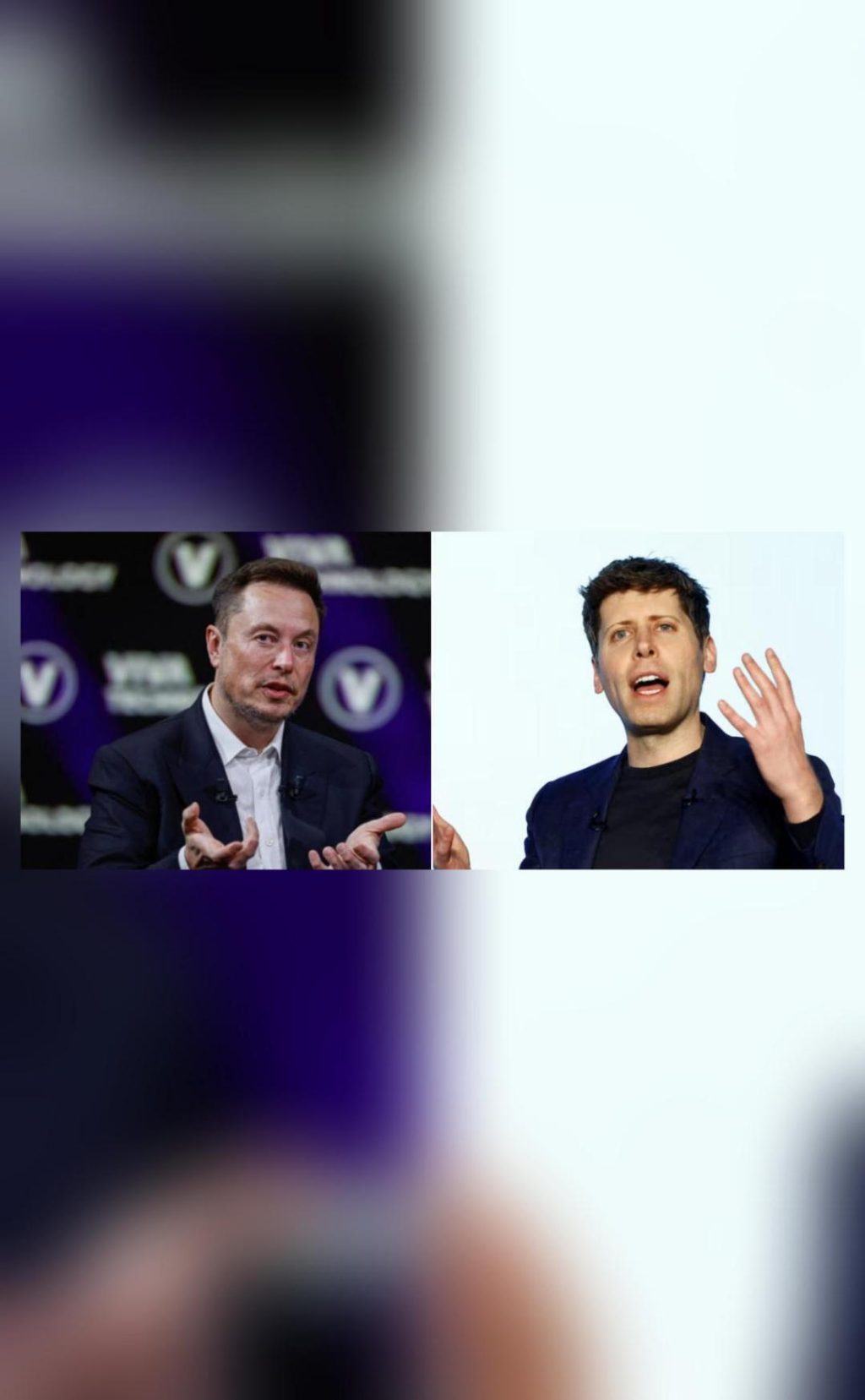
OpenAI & Elon Musk Agree to Fast-Track Trial Over For-Profit Model
In a significant development, OpenAI and Elon Musk have agreed to speed up a trial regarding OpenAI’s transition to a for-profit model, according to a court filing. This decision comes after a court denied Musk’s request to pause OpenAI’s shift to the new model, which he claims is a departure from the company’s original goal of creating AI for humanity’s benefit.
Last year, Musk, the CEO of Neuralink and SpaceX, filed a lawsuit against OpenAI and its CEO, Sam Altman, alleging that the company had strayed from its original mission. Musk, who is also a co-founder of OpenAI, claimed that the company was no longer focused on creating AI for the benefit of humanity, but instead was prioritizing profits.
The disagreement between Musk and OpenAI has been ongoing for several years, with Musk expressing concerns about the potential risks and consequences of creating advanced AI systems. In his lawsuit, Musk sought to block OpenAI’s transition to a for-profit model, arguing that it would lead to the company being acquired by a larger corporation and losing its independence.
However, the court denied Musk’s request, and OpenAI has since moved forward with its plans to become a for-profit company. The company has stated that the transition will allow it to expand its operations and pursue more ambitious projects, including the development of more advanced AI systems.
In a statement, OpenAI said that the transition to a for-profit model would enable the company to “scale its impact” and “create a sustainable future” for AI research and development. The company also emphasized its commitment to transparency and accountability, stating that it would continue to prioritize the development of AI systems that benefit humanity.
Musk, on the other hand, has remained critical of OpenAI’s decision, arguing that it will lead to a loss of control over the development of AI systems. In a tweet, Musk stated that OpenAI’s transition to a for-profit model was a “betrayal” of the company’s original mission and would lead to the creation of “killer robots” that could harm humanity.
The disagreement between Musk and OpenAI highlights the ongoing debate about the ethics and consequences of creating advanced AI systems. While some argue that AI has the potential to revolutionize industries and improve human lives, others are concerned about the potential risks and consequences of creating systems that are more intelligent and autonomous than humans.
The fast-tracked trial is expected to shed more light on the dispute between Musk and OpenAI, and may have implications for the future of AI research and development. The trial is likely to focus on the question of whether OpenAI’s transition to a for-profit model is consistent with its original mission and whether it will lead to the creation of AI systems that benefit humanity.
In conclusion, the agreement to fast-track the trial between OpenAI and Elon Musk is a significant development in the ongoing dispute over OpenAI’s transition to a for-profit model. The trial is likely to have far-reaching implications for the future of AI research and development, and may shed more light on the ethics and consequences of creating advanced AI systems.
Source:






